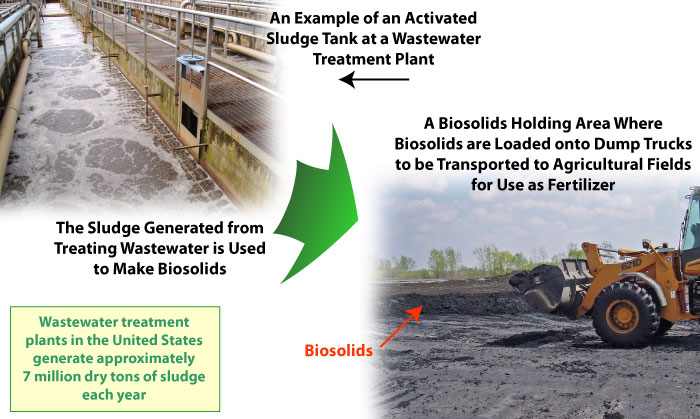A Wake County Superior Court decision upholds that N.C. Department of Environmental Quality has the authority to set limits of 1,4-dioxane discharges from public wastewater utilities.
PFAS
NC’s PFAS crisis a warning as Congress debates chemical laws
Supporters call the changes modernization; critics warn they could weaken safeguards in the Toxic Substances Control Act, the nation’s primary chemical safety law.
Brunswick County buys land for future raw water reservoir
Brunswick County commissioners on Wednesday morning unanimously approved a more than $8.7 million deal to buy land to be used as a future raw water reservoir.
First state study of PFAS in biosolids finds presence statewide
A N.C. Division of Water Resources study evaluating PFAS concentrations in wastewater and biosolids from 37 municipal, industrial and domestic wastewater treatment plants across the state is being called a “first step” to understanding the breadth of PFAS contamination in the state.
Commission OKs advancing wastewater rules to public review
The public will soon be able to lodge their comments about proposed rules mandating that public sewer plants test their treated discharge into rivers, creeks and streams for three types of per- and polyfluoroalkyl substances and a chemical solvent.
EMC to vote on opening comment period for discharge rules
The state Environmental Management Commission is set to vote Thursday on whether to put proposed “monitoring and minimization” rules for some PFAS and 1,4-dioxane out for public comment.
Chemours cannot keep documents sealed, federal judge rules
Chemours and its predecessor company DuPont had sought to seal records including regulatory compliance monitoring reports and internal corporate communications about chemical production.
EPA seeks reporting rollback as new study finds hidden PFAS
The EPA says the change will cut red tape, but new research suggests regulators may already be missing major sources of contamination.
Secretaries’ Science Advisory Board to meet Wednesday
The state Secretaries’ Science Advisory Board, which assists and makes recommendations to the N.C. departments of Environmental Quality and Health and Human Services regarding contaminants, is scheduled to meet in Raleigh on Wednesday morning.
Wilmington residents see no good in proposed harbor project
None of the proposed alternatives for the State Ports Authority’s plan to accommodate larger container ships at the Wilmington port would boost the local economy and any benefit would be offset by environmental costs, public hearing attendees said.
Asheboro plant discharges elevated levels of 1,4-dioxane
Sampling at Asheboro’s wastewater treatment plant revealed elevated discharges of 1,4-dioxane, a likely human carcinogen, in a waterway upstream of drinking water sources for some 900,000 North Carolinians.
Commission holds PFAS, 1,4-dioxane vote for future meeting
The Environmental Management Commission voted to postpone hearing proposed rules to monitor and minimize the two human-made chemical compounds from industrial users and dischargers.
Wilmington Council resolves to oppose Chemours’ expansion
The Wilmington City Council on Wednesday unanimously adopted a resolution opposing Chemours’ proposed expansion of its Fayetteville Works plant in Bladen County.
Port’s Cape Fear dredge project fails taxpayers, environment
Guest commentary: Deepening the Cape Fear River will only worsen flooding around the downtown Wilmington waterfront and the North Carolina Battleship site and lead to a substantial loss of vital wetlands and floodplains.
EMC committee may move proposed PFAS surface water rules
The North Carolina Environmental Management Commission’s Water Quality Committee will consider proposed monitoring and minimization rules
Chemours is doubling down on its toxic history: NRDC
Chemours is not a company that can be trusted to expand its operations responsibly, and it’s an example of the national PFAS pollution crisis, writes Drew Ball of the Natural Resources Defense Council.















